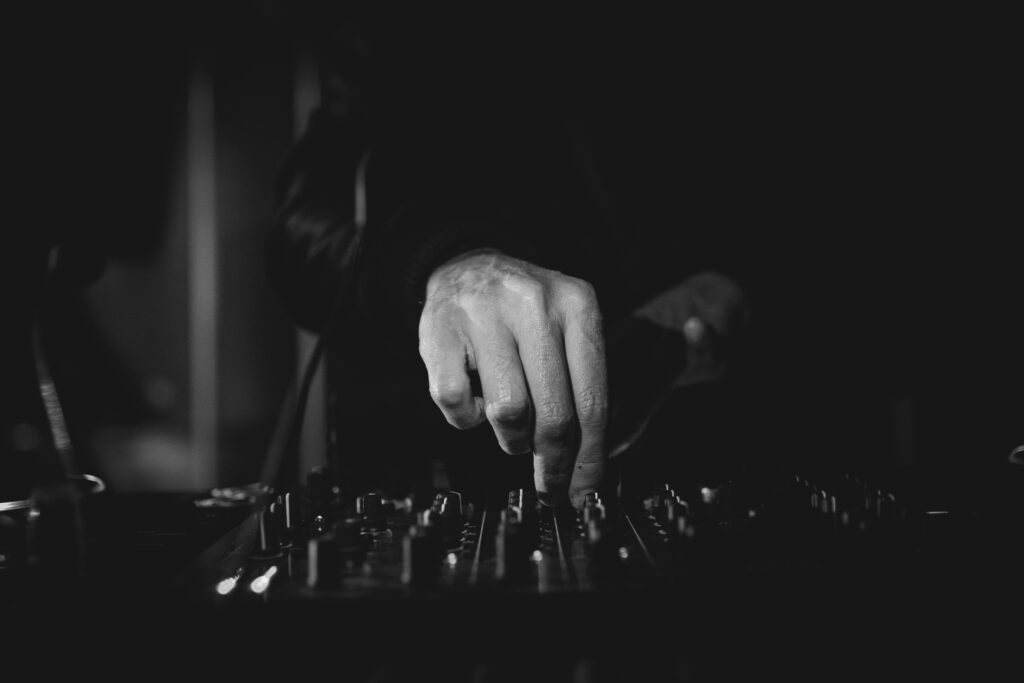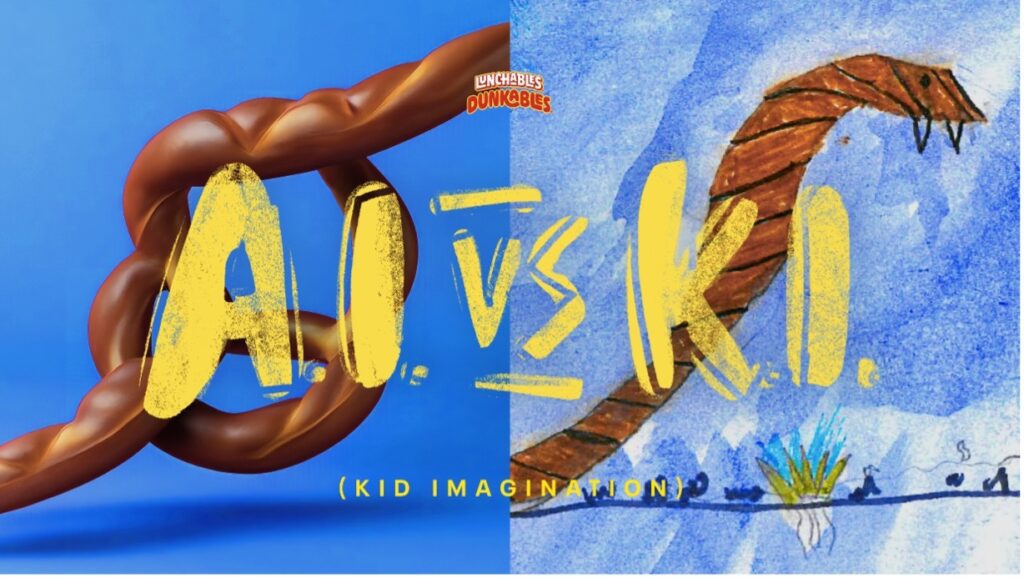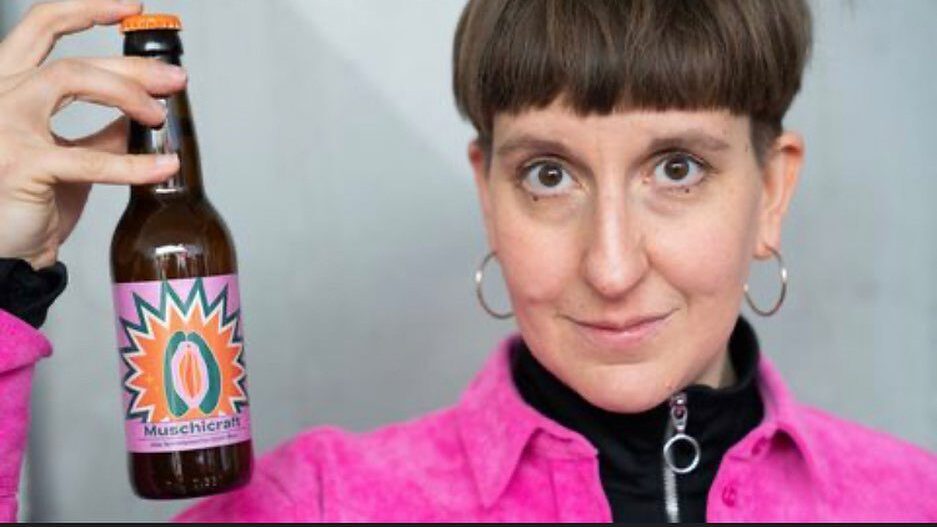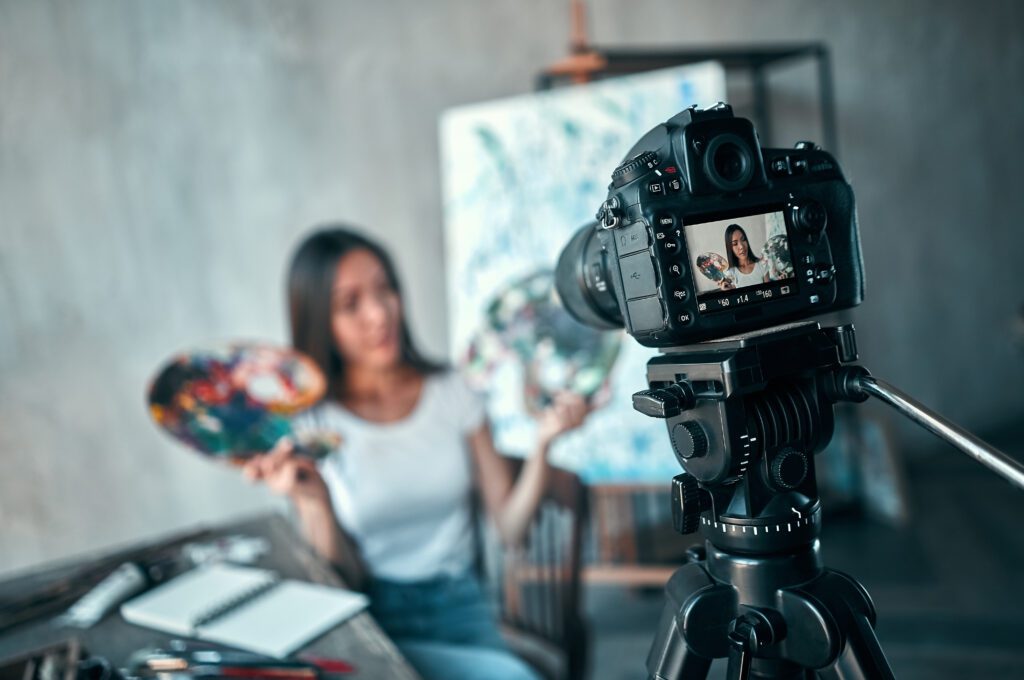This week in Our Take, Berlin is raving for a UNESCO nod, AI is taking on a battle it might not win, beer is brewing up a storm for equality, and how’s your personal brand going, Michelangelo?
Eat Sleep Rave Autobahn

Getting turned away from Berghain by Sven is now a protected piece of cultural heritage, according to UNESCO. Berlin’s world-famous techno scene, which has stood for freedom and self-expression since the fall of the Berlin Wall, is now officially part of UNESCO’s list of German cultural heritage.
Clubcommission, a collective representing Berlin’s techno clubs and musicians, said it was “another milestone for Berlin techno producers, artists, club operators and event organisers”. More importantly, they hope UNESCO status might protect them from the German government, which is currently threatening to wipe out six techno clubs. (The government is extending the A100 Autobahn – the destruction of the Techno clubs is a mere bureaucratic side effect).
When it comes to planning and legislation, clubbing is rarely considered. It’s not proper ‘culture’. Or even commercially viable (RIP District 8’s Hanger – gone but never forgotten). The Berliners have been fighting for UNESCO status for their clubs over a decade – even holding protest raves. Maybe it’s time for some Dublin-based RAVE-enge?
Snack Attack

It’s the battle of the century, and it’s between AI and…kids?
To launch their latest Dunkables product, Lunchables has unveiled a new campaign pitting kids’ imaginations (K.I.) against artificial intelligence (A.I.).
The children and the bots were challenged to make art inspired by the same Dunkables-themed prompts.
The results showcase the pure (and sometimes terrifying) creativity of young minds. Not only that, but they also showed some of the current limits to AI. Whereas the bots seemed unable to digest a food-related prompt without making food-themed art, the kids had no problem interpreting the snacks as everything from peanut-butter dragons to pretzel ninjas.
Beyond the fact that pretzel ninjas sound kinda cool, it just goes to show that not everything, or everyone, can be replaced by a bot!
Brewing gender equality

A German feminist craft beer maker is calling their latest brew, Mushicraft, ‘the Most Illegal Beer’, as it breaks laws in more than a third of the countries in the world. Because women make it. By producing alcohol, working night shifts, cleaning running machinery, driving trucks, drinking beer while selling it in bars, and wearing cosmetics, the women behind the beer became outlaws in countries as diverse (?) as Russia, India, Italy, Belize, Madagascar, and the USA.
While it’s un-beer-lievable that this outdated legislation still exists in so many countries, the situation here is far from ideal. Despite the stubborn persistence of the gender pay gap, and the under-representation of women in senior positions, a full 38% of people in Ireland believe that when it comes to giving women equal rights, things have gone far enough. At a global level, the UN says that if the current pace of change continues, it will take 140 years for gender equality to be achieved.
We need a drink.
Artists vs commerce

How’s your personal brand-building going, Michelangelo? For a generation, the ‘personal brand’ question has been asked of nearly every worker, and nearly every worker hates it. But now, according to this article in Vox, nearly every artist is being asked about it, too. Except with even more unwelcome pressure because, for artists, it’s not just about building a brand; it’s about creating an audience. That book deal you think you landed? I’m afraid the marketing department thinks you haven’t built a big enough market. The music you recorded? We love it, but you’re going to have to get on Tiktok and promote it yourself.
There will always be tension between art and commerce. But could social media spell the end of the 20th century industries that were built around marketing pop culture to mass audiences? If book publishers and record labels are demanding that artists do their own promotion, the artists might start to ask… what do we need them for?